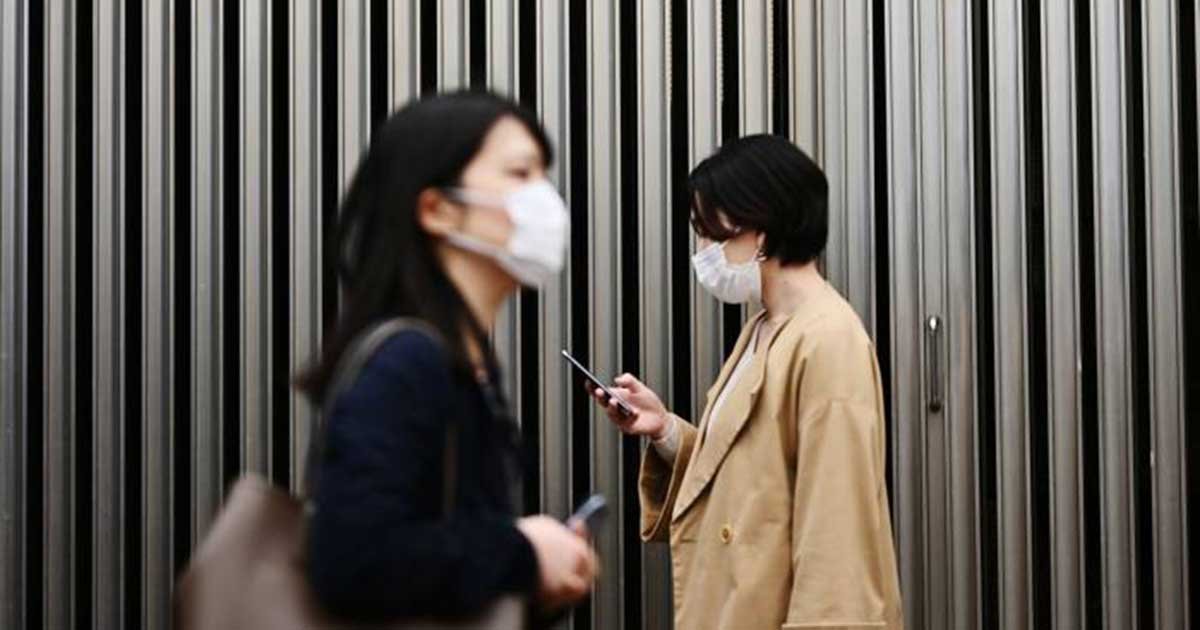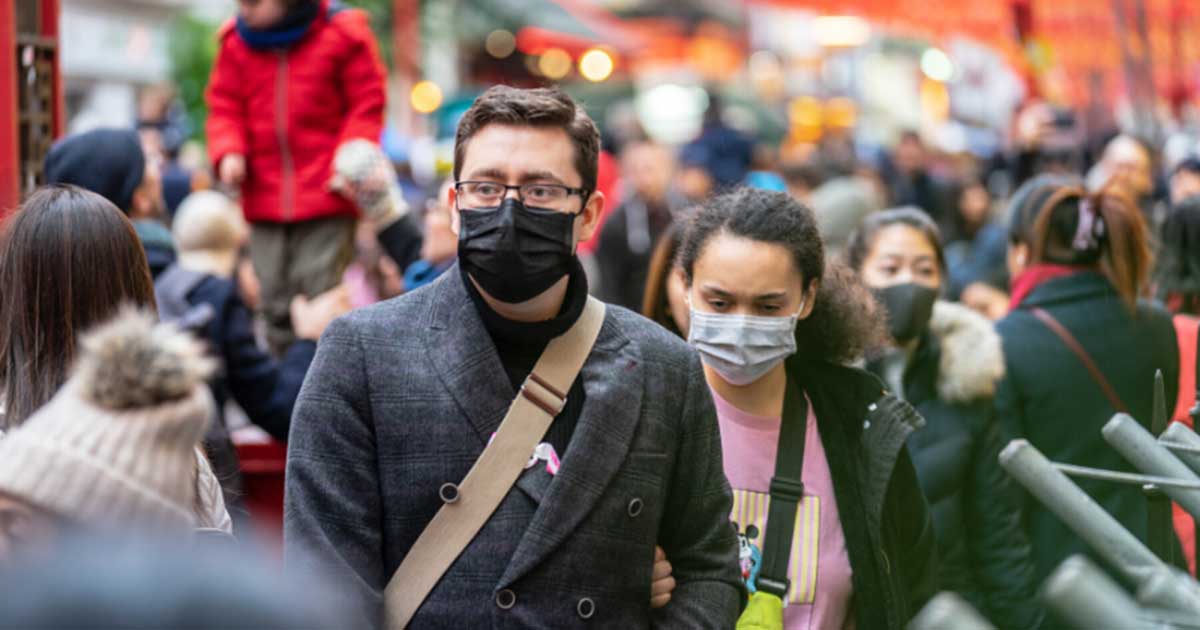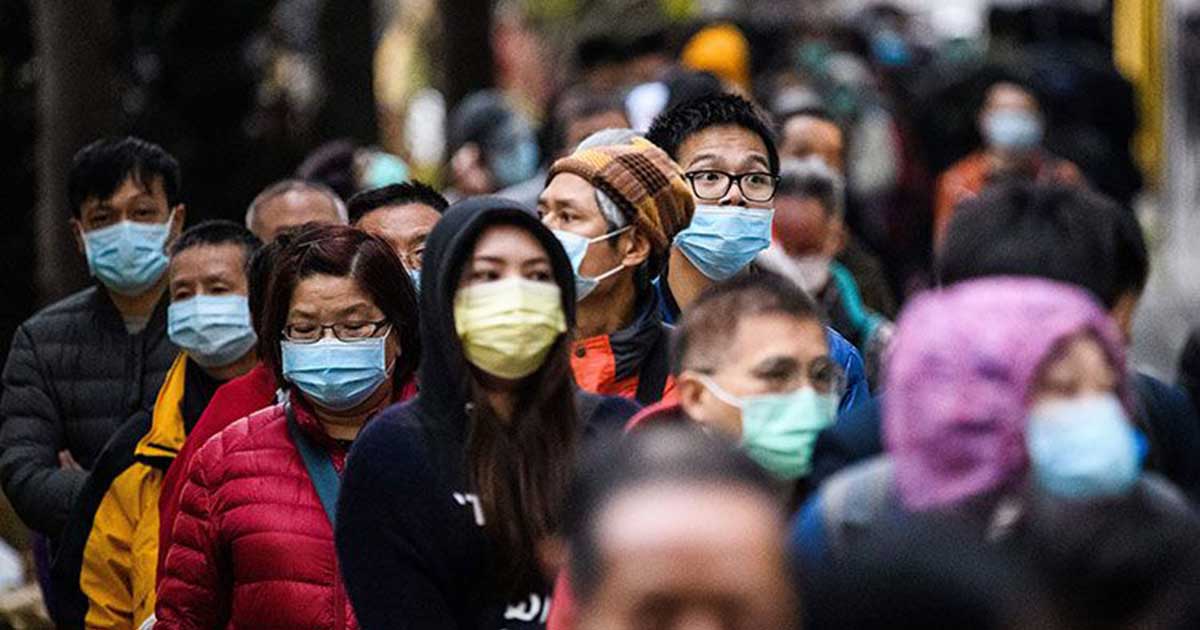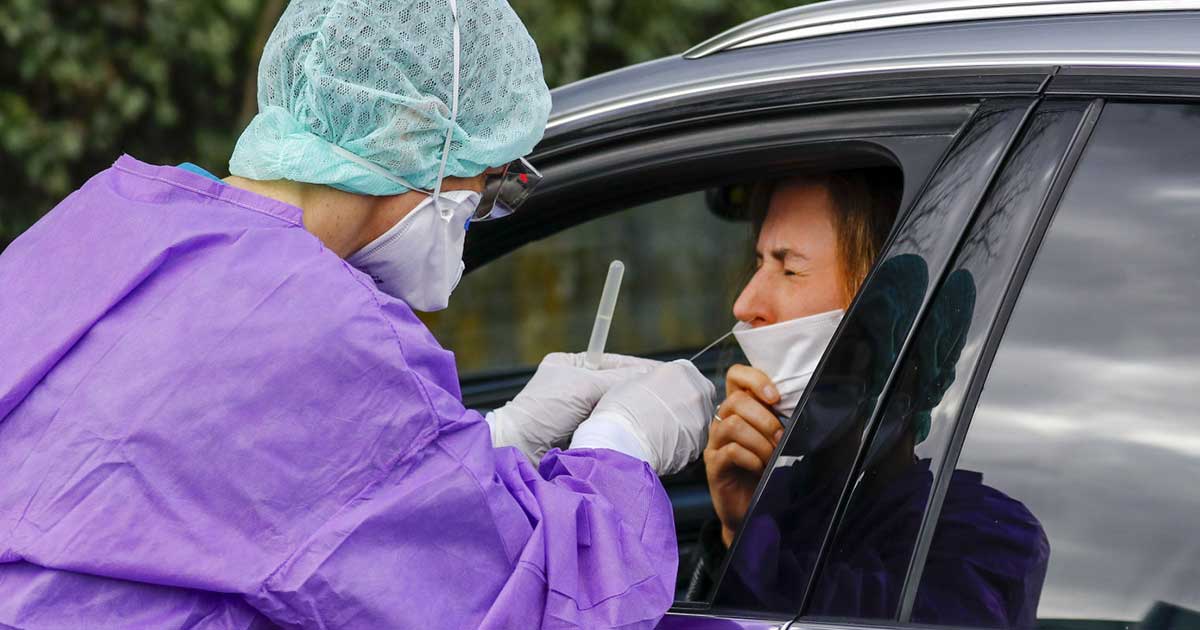Face masks that give off light if it detected a coronavirus when an infected person breathes, coughs, or sneezes are being developed, in an effort to help slow the spread of the virus.
Harvard and MIT researchers are working on the technology since 2016, in hopes to quickly and cheaply detect signs of the Zika virus.
Now, they are adjusting their research to identify coronavirus cases at an early stage – the masks will let off a faint glow that is only detectable by a handheld scanner.
Lead researcher Jim Collins and his team believes this technology could be much more reliable than temperature checks presently done in public places such as airports, train stations and hospitals.
“As we open up our transit system, you could envision it being used in airports as we go through security, as we wait to get on a plane,” Collins said in an interview. “Hospitals could use it for patients as they come in or wait in the waiting room as a pre-screen of who’s infected.”
Doctors may also use this technology to diagnose patients on the spot – eliminating the delay experienced when waiting for laboratory results.
Collins said that the project is in the “very early stages,” but the results are so far, promising, as his team has been testing the sensor’s ability to detect the virus with a small saliva sample.
The current coronavirus testing involves taking samples from the back of the throat to be sent off to a laboratory for analysis, and results take up to 24 hours.
In other hand, the result from the face mask could be seen within three hours after wearing the mask.
Collins firmly believes that real-world and rapid testing may not just only help slow the spread of the virus, it can also help prevent major outbreaks in the future.





